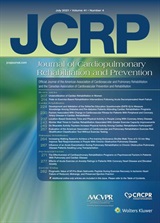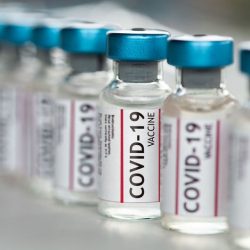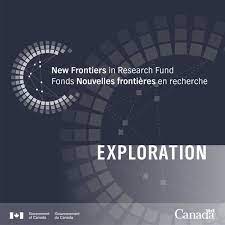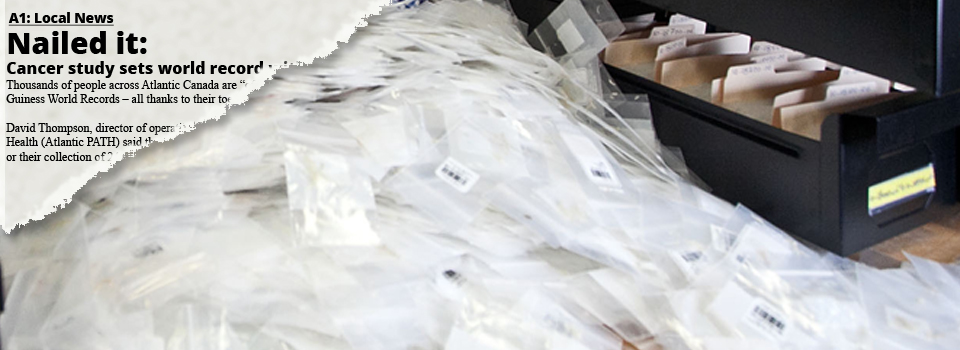Initial preliminary results from the Canadian Partnership for Tomorrow’s Health (CanPath) COVID-19 Antibody Study, based on close to 6,000 dried blood spot samples collected between February 8 and May 17, 2021, show a high degree of variability in the level of antibodies produced by a single dose of a COVID-19 vaccine. These findings highlight the importance of accelerating second doses as the Delta variant continues to spread, particularly with the vast majority of Canadians having received only a single vaccine dose. This is the first pan-Canadian study using samples from a wide range of participants to confirm evidence from vaccine manufacturers’ clinical trials, as well as findings in a recent preprint from the United Kingdom and other smaller studies. Participants from Atlantic PATH, CARTaGENE, the Ontario Health Study, Manitoba Tomorrow Project, Alberta’s Tomorrow Project, and BC Generations contributed to the COVID-19 Antibody Study. https://bit.ly/3gVLeb2








